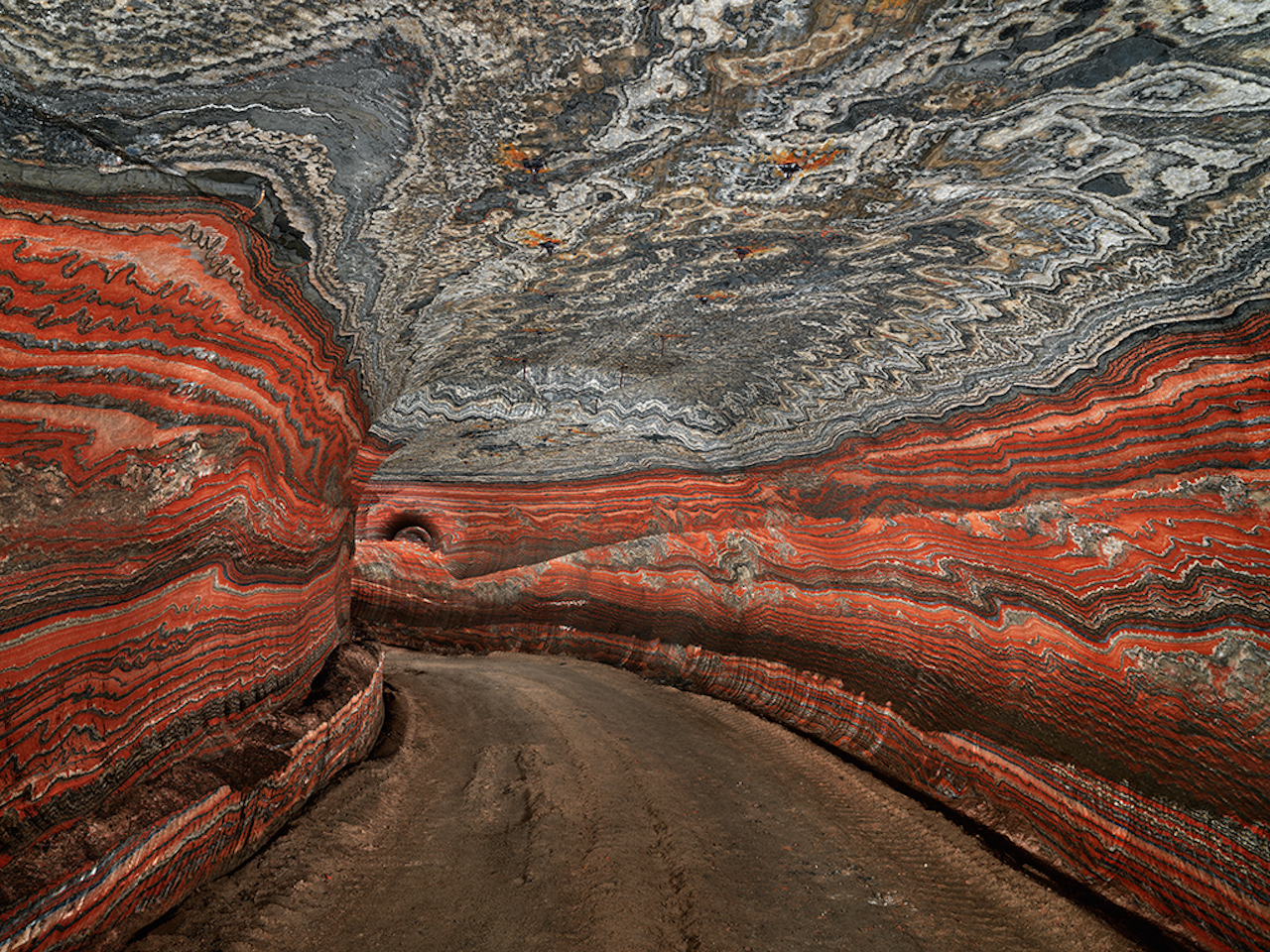This visually stunning documentary is named for the scientific assertion that what is widely recognised as the present epoch – the Holocene – actually gave way to the Anthropocene (the “human epoch”) in the middle of the last century. Their reasoning relies on the idea that we as a species are currently responsible for a profoundly greater impact on our planet than any other factor. The incredible images captured in this 87-minute eye-opener certainly support that theory.
The film opens on a roaring inferno, too close and too intense to discern what exactly it is that’s burning. The source of that blaze will bookend the documentary, both pre- and post-combustion, as a grisly reminder of our effect not just on Mother Earth, but on her other offspring, too. As well as animal rights, this sprawling visual essay takes in extraction of precious materials, climate change and extreme weather events, among many other polluting endeavours of the human race. From Russian potash mines which swirl with psychedelic colour to manmade industrial behemoths of machinery in Germany, our ability to destroy and desecrate is only matched by our ingenuity in doing so.
The tone of the piece is, on the whole, largely unjudgmental. There’s a fascinating beauty to be found in many of the scenes which seem to elicit our admiration even in their annihilation. On the other hand, this objectivity is pierced several times by a grave narration voiced by Swedish actor and activist Alicia Vikander, who sounds not mad, nor disappointed, but rather utterly defeated by the current state of affairs. Her insights don’t give much in the way of background, nor does her tone suggest a call to arms, meaning the voiceover isn’t quite as effective as it perhaps may have been.
There are several on-the-ground interviews with people working, living and thriving in amongst all this demolition, too. This does do an excellent job of showing the resiliency of the human race and its ability to find joy and solace even in desperation, as well as tell something of the story of the other side of the coin by gently reminding us that people are relying on our pollution for their livelihoods. While interesting, this does somewhat detract from the didactic message that Vikander (and presumably the filmmakers) are trying to push.
The result is an awe-inspiring piece of cinema which gives pause for thought about the damage we as a species are inflicting on the planet, but its uneven tone (which veers between pessimism and preachiness) and its stultifying pace are more likely to inspire ennui than impetus.
Available on Curzon Home Cinema as part of Edinburgh Film Festival at Home from Thu 25 Jun 2020
